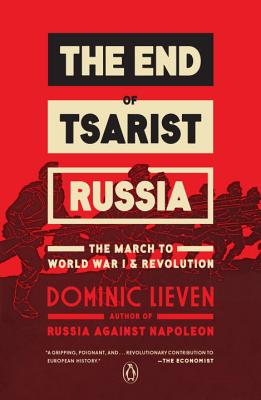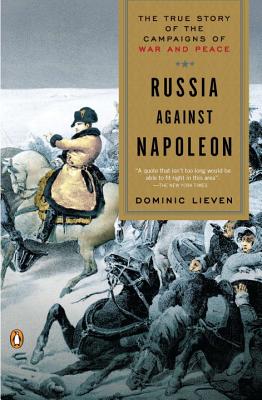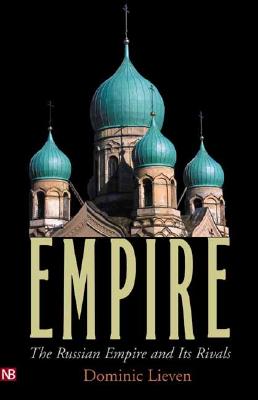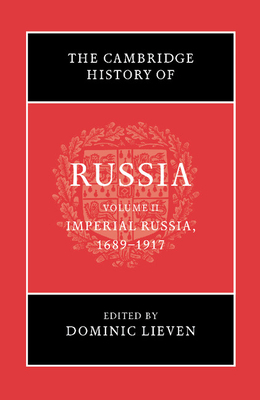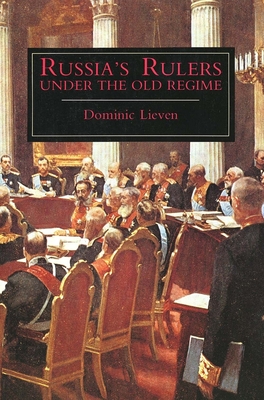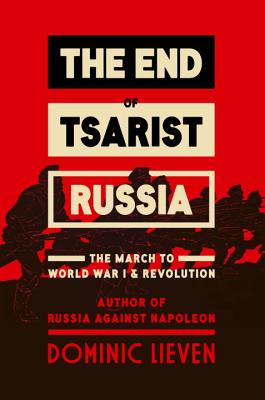
The End of Tsarist Russia:The March to World War I and Revolution
Interview with Dominic Lieven
September 8, 2016Sign Up to listen to full interview.
About Dominic Lieven
Dominic Lieven is a senior research fellow at Trinity College, Cambridge, and a fellow of the British Academy. He previously taught Russian Studies at the London School of Economics for thirty-three years.
Interview Summary
Russia’s involvement in World War I is often explained from the Western perspective, with very little, if any, consideration of the Russian viewpoint. The collapse of the Ottoman empire set the stage for a struggle for control over the Balkans and the adjoining sea routes between Russia and Germany, the two collossal powers of the day in Europe. Russia entered the war against the perceived German expansionism in a conflict that would, ironically, lead to the end of all empires on the continent.
Regardless of the outcome of the war, Dominic Lieven suggests that with the rapid pace of globalization, industrialization, and the spread of literacy, Russia’s ruling elite was already facing the insurmountable challenges of conflicting cultural identities and social upheavals.
Key Topics
- What precipitated World War I and what were the Russian views on the origins of the war?
- How did economically backward Russia deal the brewing conflict with Germany?
- What was the context preceding World War I in a world dominated by the U.S. and the strife for a new superpower in Europe?
- What was Russia’s security imperative when it entered the war?
- Why were the Balkans and the Black Sea of such strategic importance to the Russian Empire?
- How was international diplomacy shaped by few decision makers and the vociferous public opinion?
- What were the alternatives ahead of Nicholas II and Russia at the start of the 20th century?
- How did industrialization shape the geopolitical map of Europe and the world in the late 19th century?

